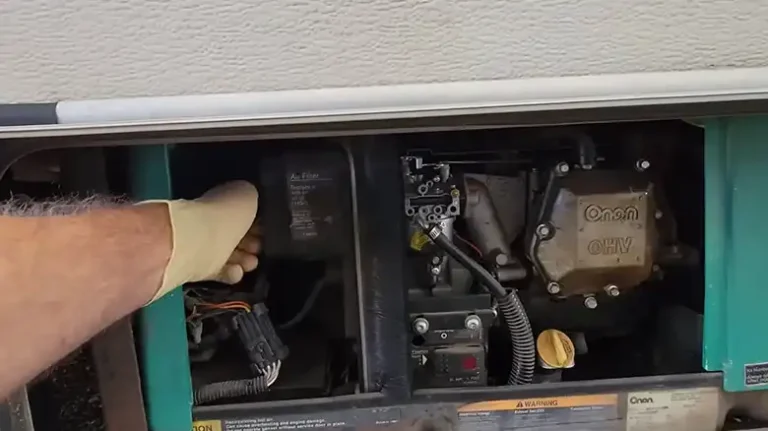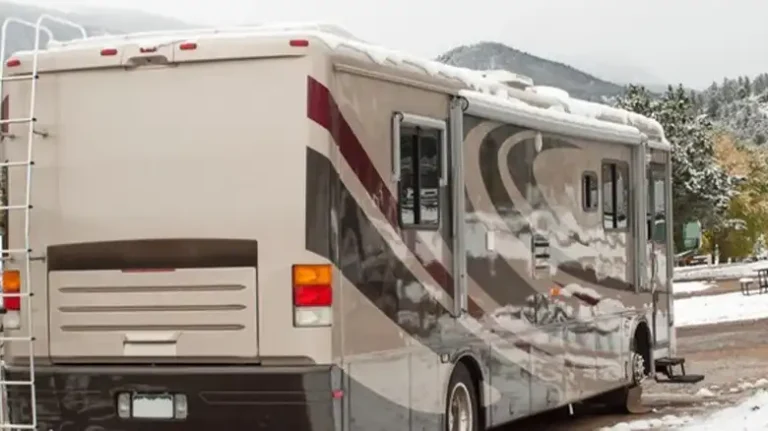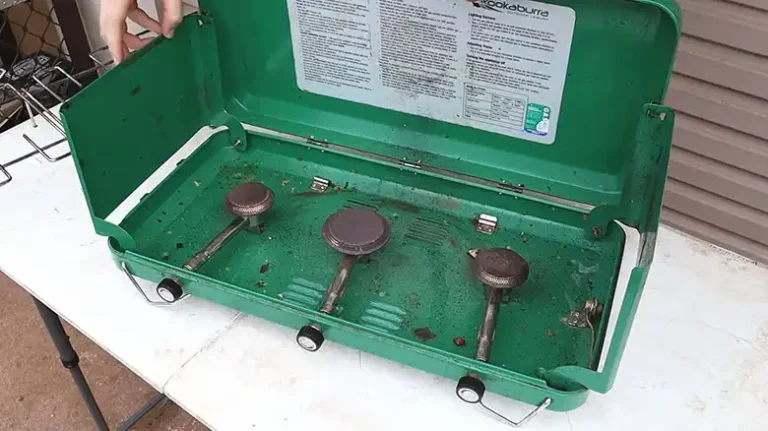How to Keep Snakes Away from Campsite: A Life-Saving Knowledge
When venturing into the great outdoors, the last thing you want is an unexpected encounter with a slithery visitor at your campsite. Snakes can be a source of fear and danger, but with the right knowledge and precautions, you can enjoy your camping experience without worrying about them.
There are a number of simple yet effective tricks that can successfully help you in this matter. For example — camping in a snake-free area, checking for snake hiding spots, staying away from tall grass and bushes, etc. This post contains overall tips from my experiences on how to keep snakes away from your campsite. So, without waiting any longer, make sure your next camping trip is snake-free!

What You Should Do to Keep Safe from the Snakes?
Snakes may be fascinating creatures, but encountering them in your campsite can turn your outdoor adventure into an unwanted wildlife encounter. To ensure your safety and enjoy your time in the wilderness without any slithery surprises, it’s crucial to take certain precautions. Here are the best practices for keeping snakes away from your campsite and what to do if you encounter one.
1. Choose The Right Campsite
Selecting the ideal campsite is the first step in preventing snake encounters. Here are some key factors to consider –
- Research the Area: Investigate the types of snakes that inhabit the region where you plan to camp. Different snake species prefer various environments, so understanding local wildlife can help you make an informed decision.
- Avoid Water Sources: While camping near water might seem tempting for a refreshing swim, it can attract snakes, especially during hot months. Opt for spots away from rivers, ponds, or lakes.
- Stay Away from Tall Grass and Bushes: Snakes often hide in dense vegetation. Pitch your tent far from tall grass, bushes, and water sources to reduce the chances of unwanted snake encounters.
- Check for Snake Hiding Spots: Before setting up your campsite, inspect the ground for holes, crevices, or rock gaps where snakes might hide. Ensure no branches or dead leaves provide cover for potential intruders.
- Accessibility: Ensure your camping spot is easily accessible for setting up your tent or RV without being too close to snake-friendly environments.
2. Store Your Food Properly
Snakes are attracted to areas with abundant food sources, so it’s essential to store your food correctly –
- Use Airtight Containers: Keep all your food in airtight containers to prevent scents from attracting snakes. This also helps deter rodents, which can be a food source for snakes.
- Dispose of Trash Properly: Remove trash bags and leftovers when you leave the campsite. Leaving food scraps can draw snakes into your vicinity.
3. Keep A Tidy Campsite
Maintaining a tidy campsite is crucial to minimize snake encounters:
- Clear Potential Hiding Spots: Rake away dead leaves, sticks, and rocks that provide cover for snakes. Trim tall grass and bushes around your campsite to create an open environment.
- Neatly Store Campsite Items: Items like backpacks, tents, chairs, firewood, and coolers can attract snakes or serve as shelter. Store them neatly and securely.
- Distance from Overhangs: Snakes prefer cool and dark places during the day. If there are overhangs nearby, move your tent farther away from them to reduce snake-friendly spots.
4. Use DIY Natural Repellents Like Vinegar
Natural repellents like vinegar can be effective in keeping snakes at bay –
- Apply Vinegar: Create a perimeter by applying vinegar around your campsite. The strong smell repels snakes. Be cautious not to spray directly on vegetation, as it may cause damage. Reapply every few days for maximum effectiveness.
5. Use Commercial Snake Repellents
Commercial snake repellents are a reliable option to prevent snake encounters –
- Choose the Right Product: Snake repellents come in various forms such as sprays, granules, or liquids. Look for products containing ingredients like garlic oil, clove oil, and peppermint oils, which naturally repel snakes.
- Follow Safety Guidelines: Read product instructions thoroughly and follow all safety guidelines on the packaging.
What Should Be Done If One Gets Bitten by a Snake?
While taking precautions to keep snakes away from your campsite is essential, it’s also vital to be prepared in case of a snakebite. In the unfortunate event of a snakebite, it’s vital to remain calm and minimize panic, as stress can exacerbate the situation. If possible, identify the snake without getting too close and keep the bitten limb immobile, ensuring it’s at or below heart level to slow venom spread. Loosen tight clothing near the bite site to accommodate potential swelling. Refrain from cutting or attempting to suck out venom, and cover the wound with a clean, dry bandage to prevent infection. Seek immediate medical assistance, treating all snakebites as potentially venomous. Avoid ice and tourniquets, stay hydrated, note the time of the bite, and encourage the victim to minimize movement. Safety should always be the top priority.
Important FAQs
Can snakes climb into tents?
Snakes can potentially enter tents if there are openings or gaps. To prevent this, keep your tent zipped up and ensure the tent is snake-proof if you’re in a snake-prone area.
Do all snakes pose a threat to campers?
While most snakes are harmless, it’s essential to identify the snakes in your camping area. Some venomous species can be dangerous, so always exercise caution.
Is it safe to use snake traps in a campsite?
It’s generally not recommended to use snake traps in campsites, as they may inadvertently trap non-target wildlife. Focus on preventive measures instead.
What time of day are snakes most active?
Snakes are typically more active during the early morning and late afternoon. Be vigilant during these times when exploring your campsite.
Do snake repellents harm the environment?
Commercial snake repellents are designed to be safe for the environment when used according to instructions. Natural repellents like vinegar have minimal environmental impact.
End Note
Camping should be a memorable and enjoyable experience, free from concerns about snakes in your campsite. By carefully choosing your campsite, storing food properly, maintaining a tidy environment, and using natural or commercial repellents, you can significantly reduce the likelihood of snake encounters. Follow the tips and precautions outlined in this guide to ensure your camping trip is snake-free and filled with adventure and relaxation.







